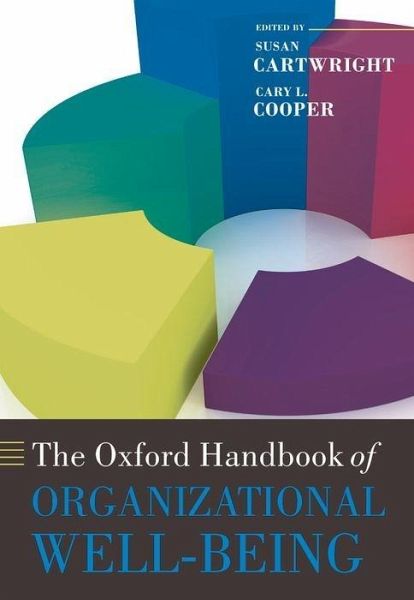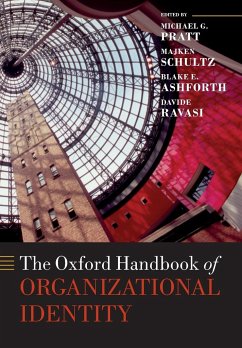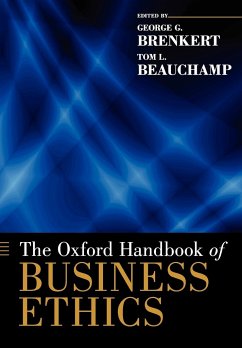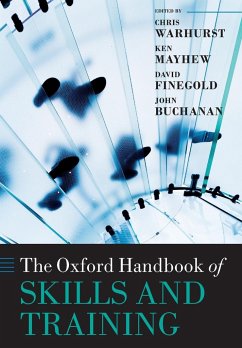
The Oxford Handbook of Organizational Well Being
Versandkostenfrei!
Versandfertig in 1-2 Wochen
201,99 €
inkl. MwSt.

PAYBACK Punkte
101 °P sammeln!
This handbook focuses on organizational well being in its widest sense, and is concerned with reviewing the factors which are associated with ill health, as well as those which promote positive health and well being. In it, leading international scholars focus on the key issues around measuring well being, and individual and organizational factors.














